Relocating to Russia can be an exciting opportunity, offering rich cultural experiences, educational prospects, and business opportunities. This guide provides a comprehensive overview of the reasons to consider moving to Russia, the estimated cost of living, types of relocation visas, the application process, and what to expect as a Nigerian relocating to Russia.
Reasons to Relocate to Russia
Cultural Richness
Russia boasts a diverse cultural heritage with its world-renowned ballet, classical music, literature, and art. Cities like Moscow and St. Petersburg are cultural hubs, offering a blend of historical and modern attractions.
Educational Opportunities
Russian universities are highly regarded, especially in fields like engineering, medicine, and computer science. Institutions such as Lomonosov Moscow State University and Saint Petersburg State University attract international students with their quality education and affordable tuition fees.
Business and Employment
Russia’s economy, despite challenges, offers various opportunities in sectors like oil and gas, technology, and agriculture. For entrepreneurs, Russia’s large market provides numerous possibilities for business ventures.
Scenic Beauty
From the vast wilderness of Siberia to the picturesque landscapes of the Caucasus Mountains and the historic cities of the Golden Ring, Russia offers stunning natural beauty and outdoor activities.
Estimating the Cost of Living
The cost of living in Russia varies significantly depending on the city. Here’s a general overview:
Housing
- Moscow: Rent for a one-bedroom apartment in the city center can range from $800 to $1,500 per month, while outside the center, it can be between $500 and $800.
- Saint Petersburg: Expect to pay $600 to $1,200 in the city center and $400 to $700 outside the center.
- Other Cities: Rent is generally lower, ranging from $300 to $700 in the city center and $200 to $500 outside.
Utilities and Internet
- Utilities (electricity, heating, cooling, water, garbage) cost around $100 to $200 per month.
- High-speed internet costs approximately $10 to $20 per month.
Food
- Monthly grocery expenses can range from $150 to $300 per person.
- Eating out at mid-range restaurants costs about $10 to $20 per meal.
Transportation
- A monthly public transportation pass costs around $30 to $60.
- Taxi fares start at $2 to $3, plus $0.50 per kilometer.
Types of Relocation Visas and Application Process
Work Visa
A work visa is issued to individuals with an employment contract with a Russian employer.
Application Process:
- Invitation Letter: Obtain an invitation letter from your employer.
- Visa Application Form: Fill out the visa application form available on the Russian consulate’s website.
- Passport: Ensure your passport is valid for at least six months beyond your visa’s expiration date.
- Photograph: Provide a recent passport-sized photograph.
- Medical Certificate: Obtain a medical certificate showing you are HIV-negative.
- Visa Fee: Pay the visa application fee.
- Submission: Submit all documents to the Russian consulate.
Student Visa
A student visa is for those enrolled in a Russian educational institution.
Application Process:
- Acceptance Letter: Receive an acceptance letter from the educational institution.
- Visa Application Form: Complete the visa application form.
- Passport: Ensure your passport is valid for at least six months beyond your visa’s expiration date.
- Photograph: Provide a recent passport-sized photograph.
- Medical Certificate: Obtain a medical certificate showing you are HIV-negative.
- Visa Fee: Pay the visa application fee.
- Submission: Submit all documents to the Russian consulate.
Business Visa
A business visa is for individuals conducting business activities in Russia.
Application Process:
- Invitation Letter: Obtain an invitation letter from a Russian business partner or organization.
- Visa Application Form: Fill out the visa application form.
- Passport: Ensure your passport is valid for at least six months beyond your visa’s expiration date.
- Photograph: Provide a recent passport-sized photograph.
- Medical Certificate: Obtain a medical certificate showing you are HIV-negative.
- Visa Fee: Pay the visa application fee.
- Submission: Submit all documents to the Russian consulate.
What to Expect as a Nigerian Relocating to Russia
Cultural Adjustment
Russia has a distinct culture that may require some adjustment. Learn some basic Russian phrases to help with daily interactions, and familiarize yourself with local customs and etiquette.
Weather
Russia has a wide range of climates, but generally, the winters are long and cold. Prepare for harsh winter conditions by investing in appropriate clothing.
Integration and Community
Join expatriate communities and local Nigerian groups to ease the transition and build a support network. Participating in local events and activities can also help you integrate into Russian society.
Healthcare
Russia has a public healthcare system, but many expatriates opt for private healthcare for higher-quality services. Ensure you have adequate health insurance coverage.
Legal and Safety Considerations
Stay informed about Russian laws and regulations to avoid legal issues. Generally, major cities are safe, but exercise the same precautions you would in any large city.
Relocating to Russia offers numerous opportunities but requires thorough preparation. By understanding the visa processes, cost of living, and cultural aspects, you can make a smooth transition and enjoy your new life in Russia.


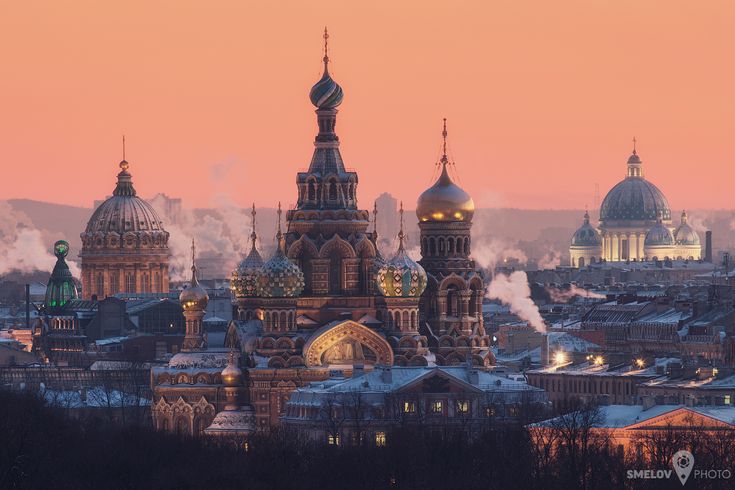
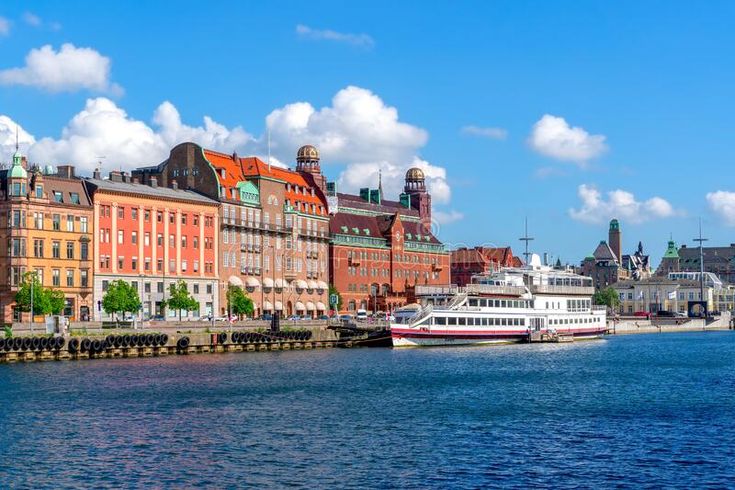
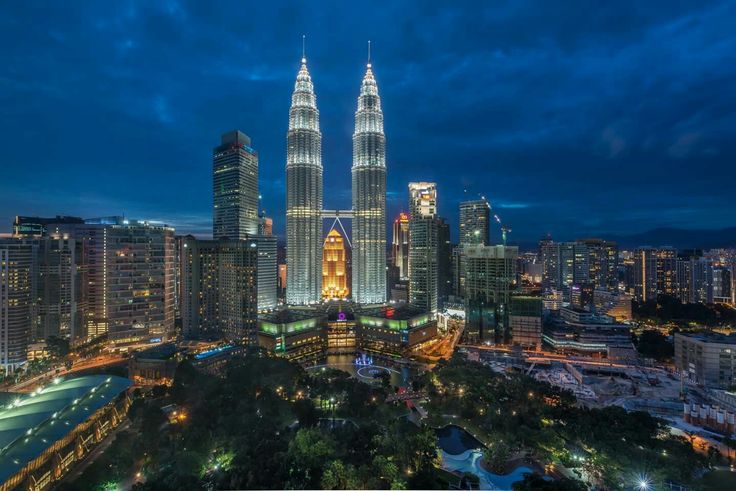
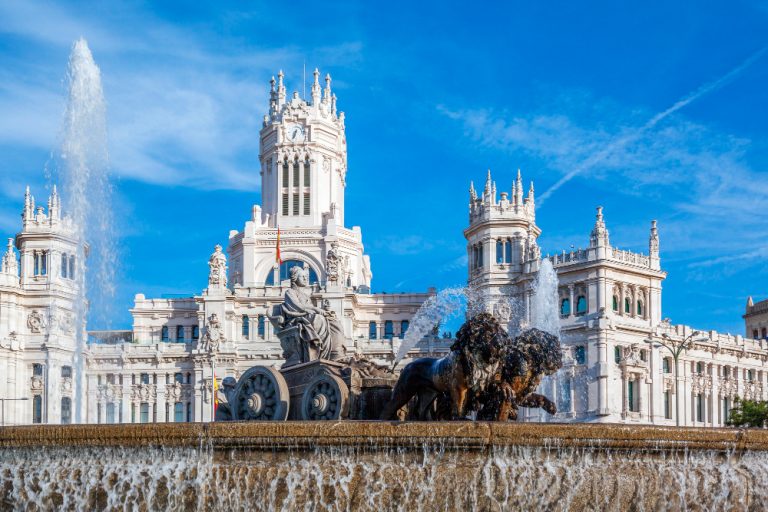
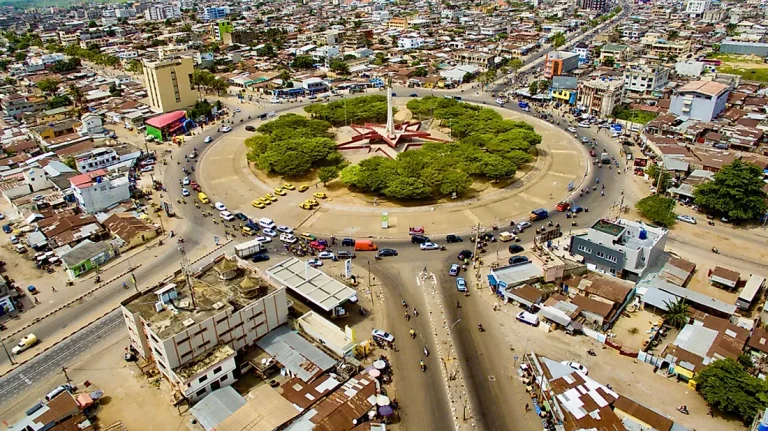
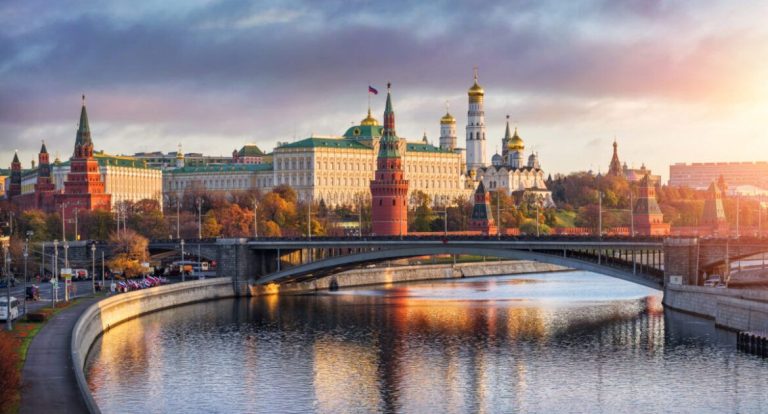
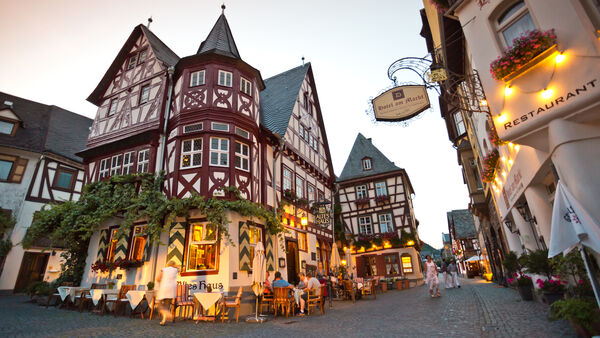
Leave a Comment